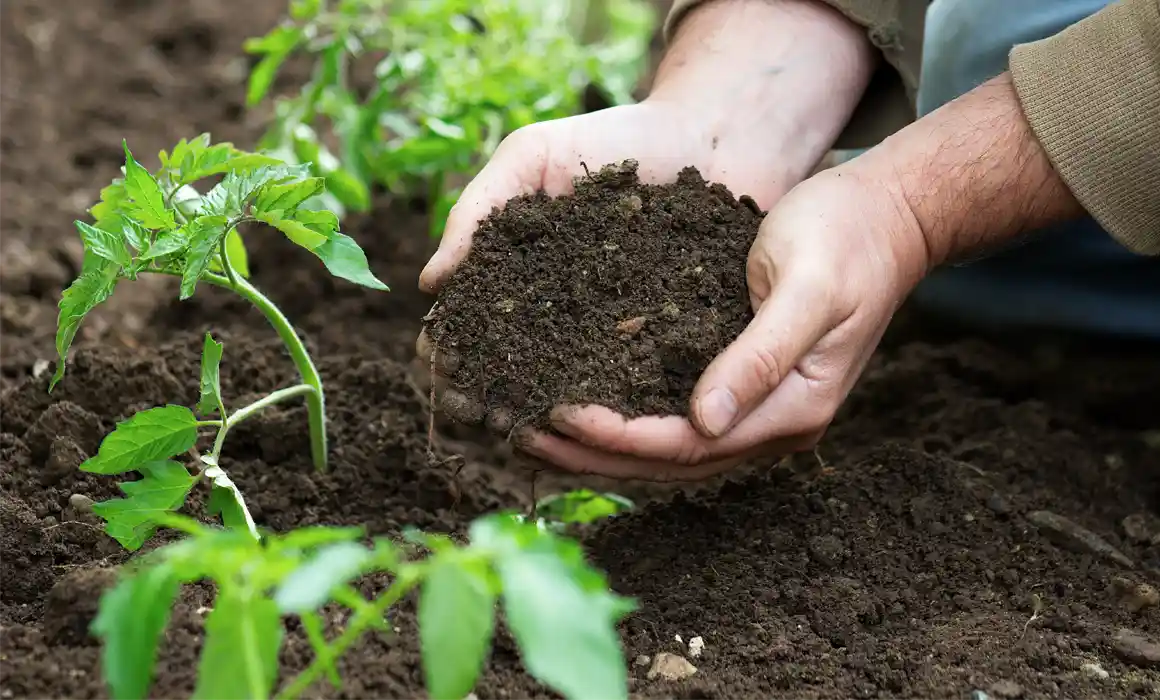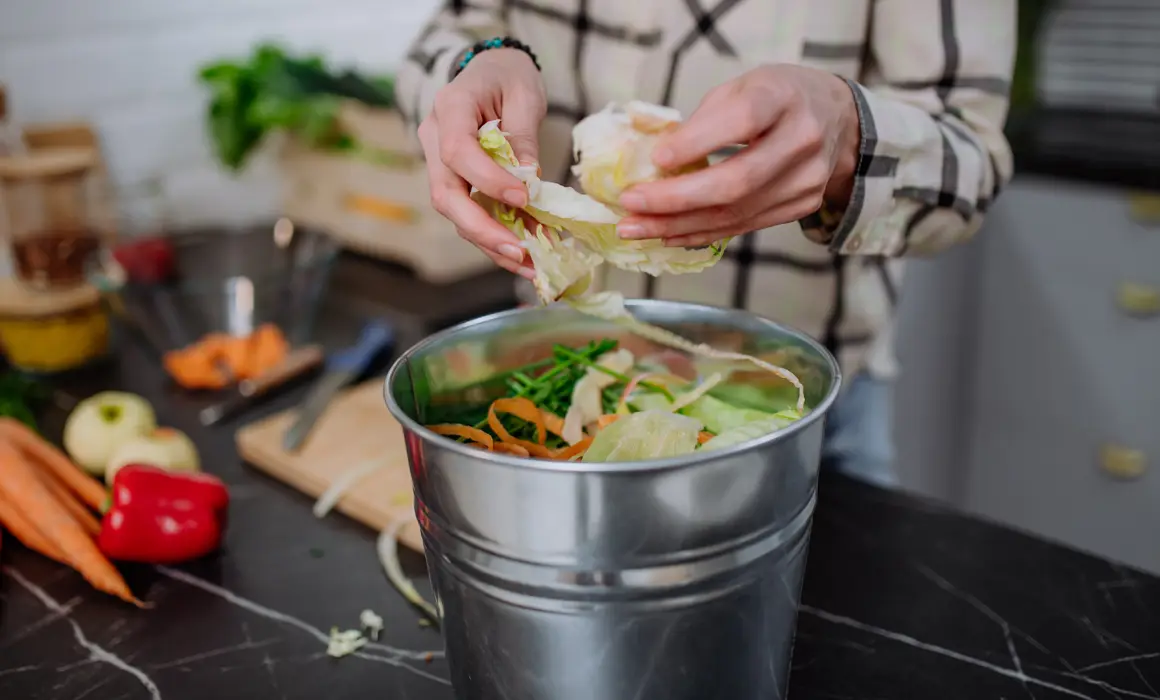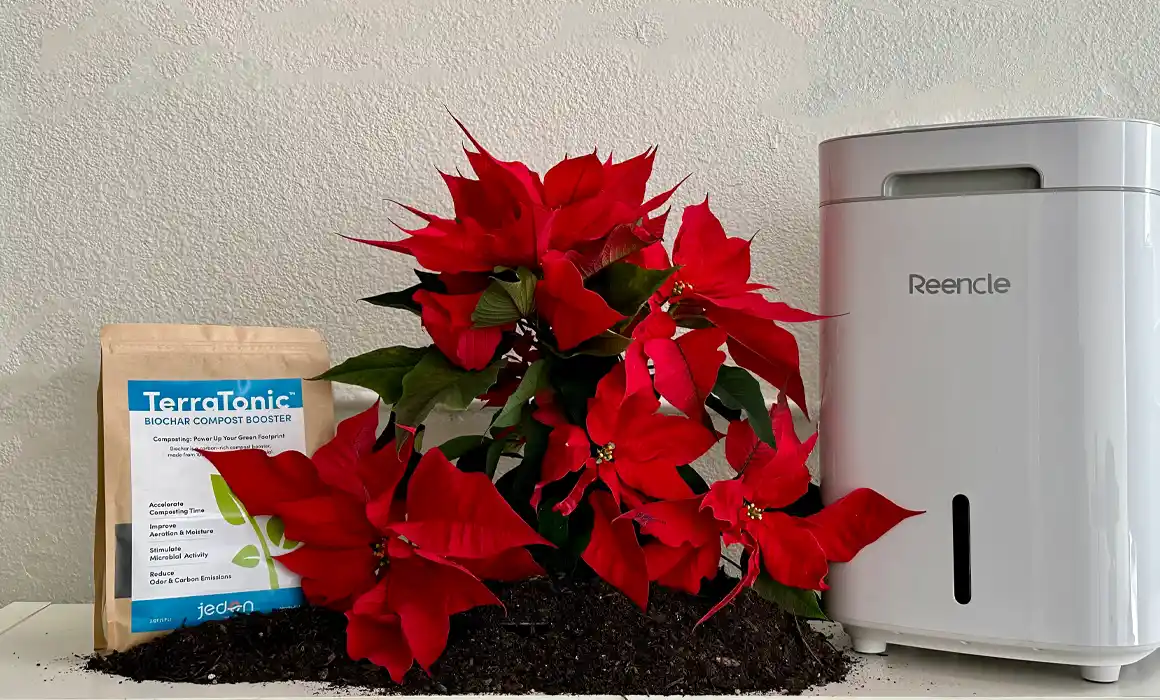If it was called the Toxic Landfill Mandate, it might catch our attention.
Instead, it’s called SB 1383. It’s a law designed to reduce and prevent the harmful greenhouse gases that develop in landfills from being released into the atmosphere. Food scraps that fester there are some of the worst culprits that create methane and other potent gases that warm our planet and adversely impact climate change.
The Toxic Landfill Mandate, or the Food Scrap Mandate, better known as SB 1383 became law in 2016, with 2025 being the target for reducing food waste in our landfills by 75%.
Residents across California have been required to separate food scraps from their trash bins, which has caused some confusion as to proper protocol. Education has been sporadic, though as we get closer to the 2025 reckoning, people are getting on board, realizing that not only is it required, but it has a very positive environmental impact.
Why This Mandate Matters and How Jeden Can Help
Reducing Methane Emissions
When food scraps decompose in landfills, they produce methane. Methane is about 80 times more powerful at warming the atmosphere than carbon dioxide, meaning it is affecting climate change. By diverting food scraps from landfills, we can significantly reduce methane emissions.
Soil Enrichment through Resource Recovery
Food scraps contain valuable nutrients that can be recycled and turned into compost and returned to the soil to enrich it, improving the soil’s fertility and health. Our Reencle Composter reduces food waste by 95% and creates compost from food scraps in 24 hours.
Conserving Landfill Space
Landfills have limited capacity. Excessive amounts of food waste take up valuable space. Food waste accounts for 24% of solid waste in landfills. Only about 5% is being composted. Limiting food scraps can extend the lifespan of landfills.
Energy Savings
Hauling and processing waste by waste management companies require energy. By reducing the amount of organic waste sent to landfills, we can save energy associated with these processes. Picture long lines of trucks waiting their turn to unload waste. Currently, different companies have different capacities for treating this food waste. Some require residents use plastic bags (which end up in landfills) or use expensive equipment and manpower to separate food scraps from yard waste.
Community Engagement
Adopting these practices into daily life encourages individuals and businesses to take responsibility for their waste generation. It raises awareness about the environmental impact of waste, encourages people to take an active and positive role, and promotes sustainable waste management practices. Jeden is partnering with Rotary International on their Environmental Education program, with a particular focus on schools.
Circular Economy
When we treat organic waste as a valuable resource rather than disposable trash, we move toward a more sustainable approach to managing resources and helping our planet. Reuse, recycle, and repurpose our resources.
Jeden’s products are focused on sustainability. To get in touch with us, contact us at [email protected], and we will get back to you as soon as possible. Our team is committed to responding promptly to any inquiries you may have.
Resources
TerraTonic Biochar Compost Booster, designed for enhancing composting process and compost quality.
Reencle Composter, converting food scraps into nutrient-rich compost in just 24 hours.
SB1383, new statewide mandatory organic waste collection




